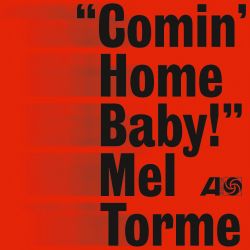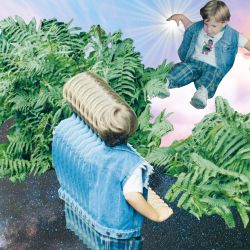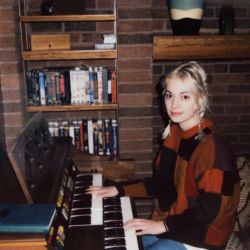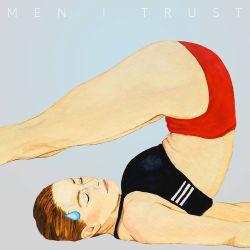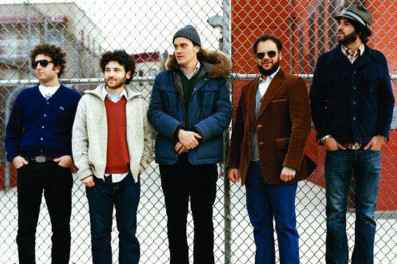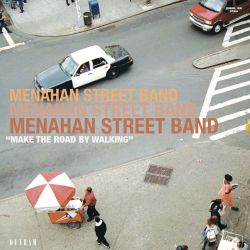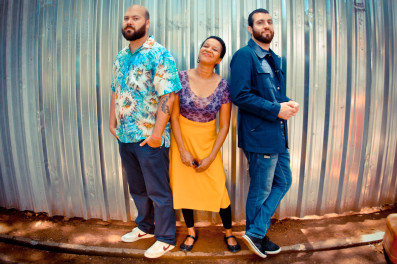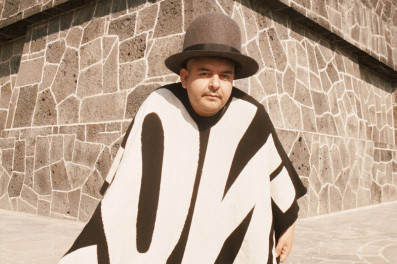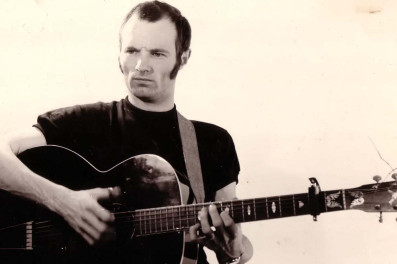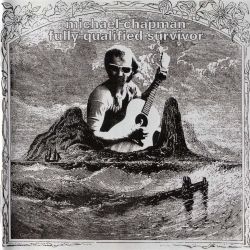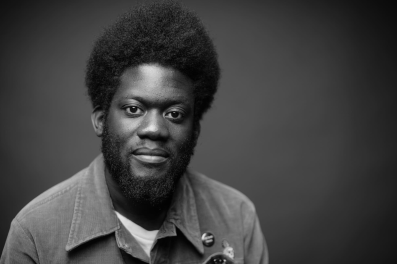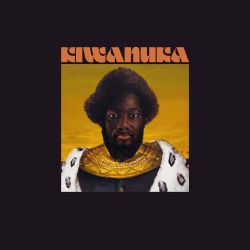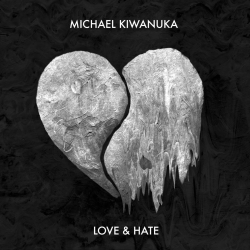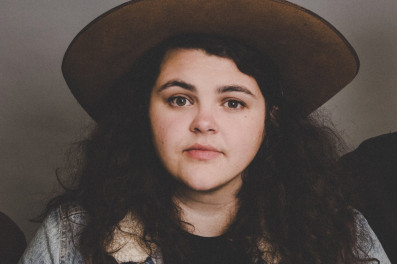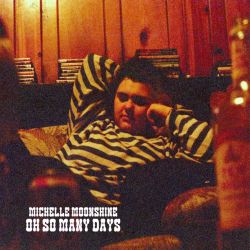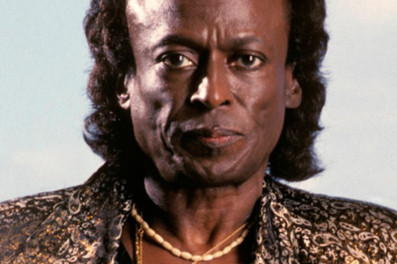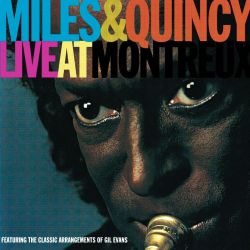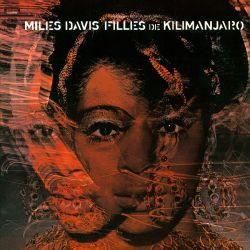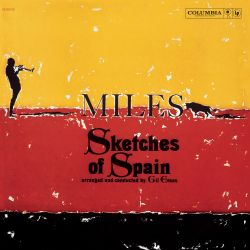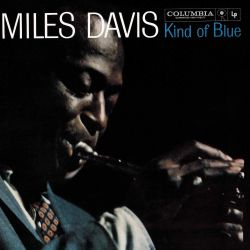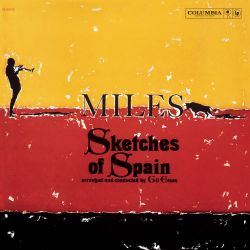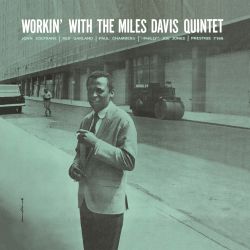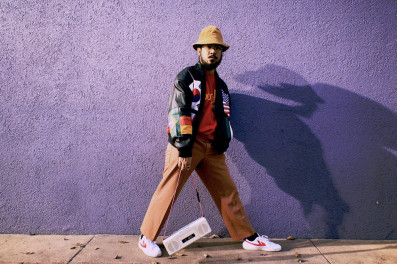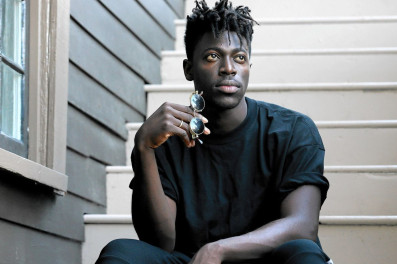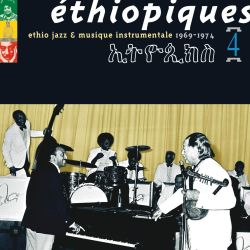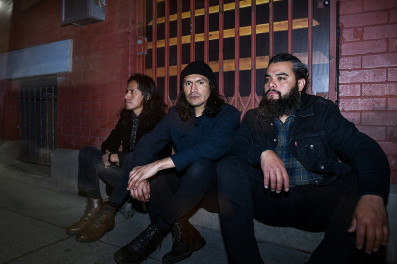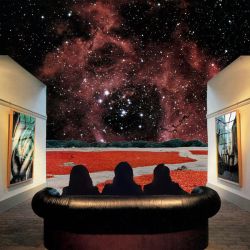Mel Tormé
Melvin Howard Tormé (September 13, 1925 – June 5, 1999), nicknamed "The Velvet Fog", was an American musician, singer, composer, arranger, drummer, actor, and author. He composed the music for "The Christmas Song" ("Chestnuts Roasting on an Open Fire") and co-wrote the lyrics with Bob Wells.
Early Life
Melvin Howard Tormé was born in Chicago, Illinois, United States, to William David Torme, a Polish-Jewish immigrant, and Betty Torme (née Sopkin), a New York City native. He graduated from Hyde Park High School. A child prodigy, he first performed professionally at age four with the Coon-Sanders Orchestra, singing "You're Driving Me Crazy" at Chicago's Blackhawk restaurant.
He played drums in the drum-and-bugle corps at Shakespeare Elementary School. From 1933 to 1941, he acted in the radio programs The Romance of Helen Trent and Jack Armstrong, the All-American Boy. He wrote his first song at 13. Three years later his first published song, "Lament to Love", became a hit for bandleader Harry James.
From 1942 to 1943, he was a member of a band led by Chico Marx of the Marx Brothers. He was the singer, drummer, and also created some arrangements. In 1943, Tormé made his movie debut in Frank Sinatra's first film, the musical Higher and Higher. His appearance in the 1947 film musical Good News made him a teen idol.
In 1944, he formed the vocal quintet Mel Tormé and His Mel-Tones, modeled on Frank Sinatra and The Pied Pipers. The Mel-Tones, which included Les Baxter and Ginny O'Connor, had several hits fronting Artie Shaw's band and on their own, including Cole Porter's "What Is This Thing Called Love?" The Mel-Tones were among the first jazz-influenced vocal groups, blazing a path later followed by The Hi-Lo's, The Four Freshmen, and The Manhattan Transfer.
Tormé was discharged from the United States Army in 1946, and soon returned to a life of radio, television, movies, and music. In 1947, he started a solo singing career. His appearances at New York's Copacabana led local disc jockey Fred Robbins to give him the nickname "The Velvet Fog" in honor of his high tenor and smooth vocal style. Tormé detested the nickname. He self-deprecatingly referred to it as "this Velvet Frog voice". As a solo singer, he recorded several romantic hits for Decca and with the Artie Shaw Orchestra for Musicraft (1946–1948). In 1949, he moved to Capitol, where his first record, "Careless Hands", became his only number-one hit. His versions of "Again" and "Blue Moon" became signature songs. His composition California Suite, prompted by Gordon Jenkins's "Manhattan Tower", became Capitol's first 12-inch LP album. Around this time, he helped pioneer cool jazz.
He had a radio program, Mel Torme Time, which appeared on the short-lived Progressive Broadcasting System in the 1950s.
From 1955 to 1957, he recorded seven vocal jazz albums for Red Clyde's Bethlehem Records, all with groups led by Marty Paich, most notably Mel Tormé and the Marty Paich Dek-Tette. He became known for his arranging skills, earning the respect of musicians.
In his 1994 book My Singing Teachers, Tormé cited Patty Andrews, lead singer of the Andrews Sisters, one of the most successful show business acts of the 1940s, as one of his favorite vocalists, saying,
They had more hit records to their credit than you could count, and one of the main reasons for their popularity was Patty Andrews. She stood in the middle of her sisters, planted her feet apart, and belted out solos as well as singing the lead parts with zest and confidence. The kind of singing she did cannot be taught, it can't be studied in books, it can't be written down. Long experience as a singer and wide-open ears were her only teachers, and she learned her lessons well.
Though he spent most of his career singing jazz, Tormé had a deep appreciation for classical music, especially that of Frederick Delius and Percy Grainger. Rock and roll he considered "three-chord manure".
In the 1960s and '70s, Tormé covered pop tunes of the day, never staying long with one label. He had two minor hits: his 1956 recording of "Mountain Greenery", which did better in the United Kingdom where it reached No. 4; and his 1962 R&B song "Comin' Home Baby", arranged by Claus Ogerman, which reached No. 13 in the UK. The latter recording led the jazz and gospel singer Ethel Waters to say that "Tormé is the only white man who sings with the soul of a black man." "Comin' Home Baby" was later covered by Quincy Jones and Kai Winding.
Television
In 1960, Tormé appeared in the TV crime drama Dan Raven with Don Dubbins. He had a role in a cross-cultural western entitled Walk Like a Dragon, starring Jack Lord. He played "The Deacon", a bible-quoting gunfighter who protects a female saloon-owner and teaches a young Chinese man the art of the fast draw. In one scene, he tells a soon-to-be victim: "Say your prayers, brother Masters. You're a corpse" and then delivers on the promise. Like Sammy Davis Jr. and Robert Fuller, Tormé was a real-life fast-draw expert. He also sang the show's theme song.
In 1963–1964, Tormé wrote songs and arrangements for The Judy Garland Show, where he made three guest appearances. When he and Garland had a dispute, he was fired. A few years later, after Garland's death, his time with her show became the subject of his first book, The Other Side of the Rainbow with Judy Garland on the Dawn Patrol (1970). Although the book was praised, some felt it painted an excessively unflattering picture of Garland and that Tormé had exaggerated his contributions to the program; it led to an unsuccessful lawsuit by Garland's family.
In 1967, he appeared with Lucille Ball in a two-part episode of The Lucy Show — "Main Street U.S.A." — as Mel Tinker, a songwriter who hopes to preserve the character of his small town. Torme also wrote the song that gave the episode its title, and performs it with Ball.
Tormé made nine guest appearances as himself (and one as a guardian angel) on the 1980s situation comedy Night Court. The main character, Judge Harry Stone, played by Harry Anderson, was depicted as an unabashed Tormé fan, an admiration that Anderson shared in real-life; he would deliver the eulogy at Tormé's funeral. Tormé appeared in Mountain Dew commercials and in a 1995 episode of the sitcom Seinfeld ("The Jimmy") as himself. He recorded a version of Nat King Cole's "Straighten Up and Fly Right" with his son, singer Steve March-Tormé. He worked with his other son, television writer-producer Tracy Tormé, on Sliders. The 1996 episode, entitled "Greatfellas," featured Tormé as a version of himself from a parallel universe in which he is a country music singer who is also an FBI informant.
In the 1988 Warner Bros. cartoon The Night of the Living Duck, Daffy Duck has to sing in front of several monsters but lacks a good singing voice, so he inhales a substance called "Eau de Tormé" and sings like Mel Tormé, who provided the vocals.: p. 176
On December 31, 1988, Torme hosted a two-hour variety show titled Happy New Year, U. S. A. on PBS television.
Source Wikipedia



